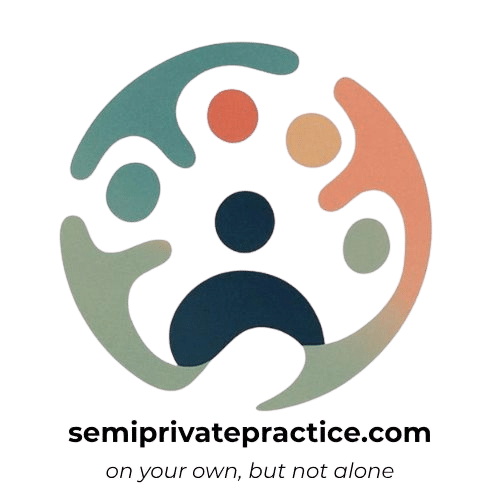Setting boundaries is an essential practice for maintaining emotional safety and wellbeing, especially after experiencing emotional abuse.
Understanding the principles of healthy boundaries, and learning how to implement them, can help you regain control of your emotional health and cultivate a sense of safety and emotional healing.
1. Understand what boundaries are
The term “boundaries” is often misconstrued, or even co-opted by people for the purpose of manipulation. Having a good understanding of what boundaries are is necessary when creating them for yourself.
Boundaries are personal limits and guidelines that you can establish in order to protect your physical, emotional, and mental wellbeing, and maintain healthy relationships.
An example of a physical boundary might include letting people know that you’re not comfortable with unsolicited physical contact. An emotional boundary that you might enforce in a relationship is the refusal to tolerate disrespectful language or physical violence.
It’s important to understand the distinction between boundaries and demands toward others, however. You can state that you don’t like unsolicited physical contact, or that you don’t like to be spoken to in a certain way. You can enforce this boundary by leaving a gathering or social situation.
However, telling others what they can or cannot do is not a boundary. Telling your significant other what they can or cannot wear, for example, is not a boundary for you to set. If your partner acts in a way that you find disrespectful, you can’t tell them that they’re not allowed to act that way. Instead, you can focus on how you act in these situations– for example, removing yourself from the situation or, if necessary, from the relationship. You are only in control of your own actions.
2. Recognize your right to have boundaries
Before you set boundaries, it’s important for you to recognize that you have the right to establish and enforce them. Boundaries are not only acceptable, but essential for your emotional wellbeing. You have the right to protect yourself and your mental health, and setting boundaries is a powerful tool to achieve that.
Sometimes, other people won’t like the boundaries that you set– this doesn’t mean you are wrong to have set them. Explain your boundaries clearly, and let the other party know that these boundaries are in place for your own emotional wellbeing.
Stick to your boundaries and be consistent about enforcing them. This means enforcing your limits consistently, not compromising when people try to test them. Over time, your consistency will let people know that your boundaries are non-negotiable.
3. Communicate openly and honestly
Effective boundary setting involves open and honest communication. Share your feelings, concerns, and needs with the relevant individuals– whether that person is a partner, family member, friend, or colleague.
Be clear and assertive in expressing your boundaries, and focus on using “I” statements to convey your feelings and needs without blaming and accusing.

4. Know when to walk away
In some cases, even the best and most consistent boundary-setting might not be enough to prevent further emotional harm.
If the situation or relationship continues to be emotionally abusive or detrimental to your wellbeing, it’s important to recognize when it’s time to walk away. Your emotional health should always be a priority, and leaving a harmful situation is a valid boundary to set.
5. Be patient with yourself
Setting boundaries, and recovering from emotional abuse, are processes that take time. During this time, it’s essential to be patient and compassionate with yourself.
Understand and anticipate that you may encounter challenges, setbacks, and resistance from others as you establish boundaries. Trust in your ability to grow and heal, and remember that progress is more important than perfection.
If you’re having a hard time recovering from emotional abuse, or dealing with people in your life who consistently test or disrespect your boundaries, you may benefit from seeking professional help. At Chenal Family Therapy, we’re here to help. Find a location that’s close to you, and give us a call to schedule an appointment today.
SemiPrivatePractice, LLC is a peer-support coaching organization for therapy practices, founded by former CFT CEO Ken Clark, LMFT




